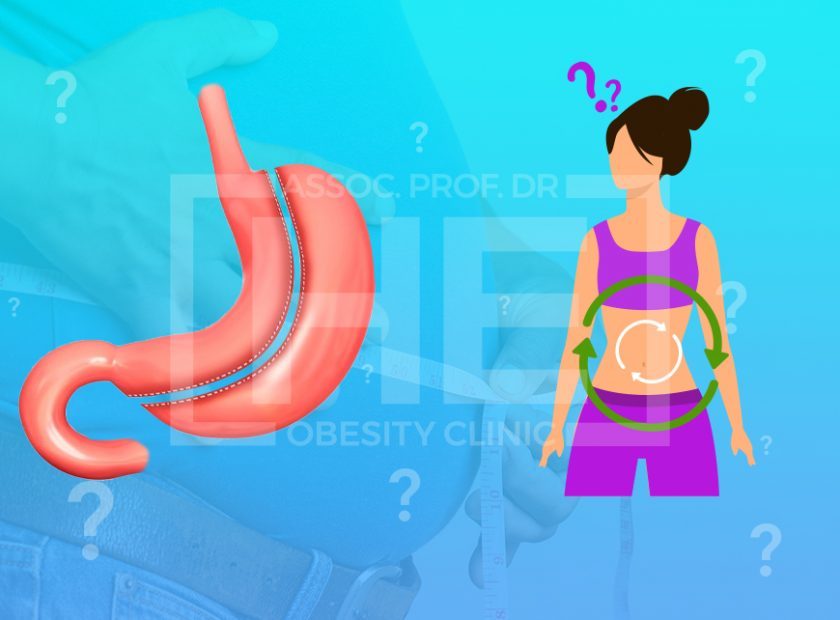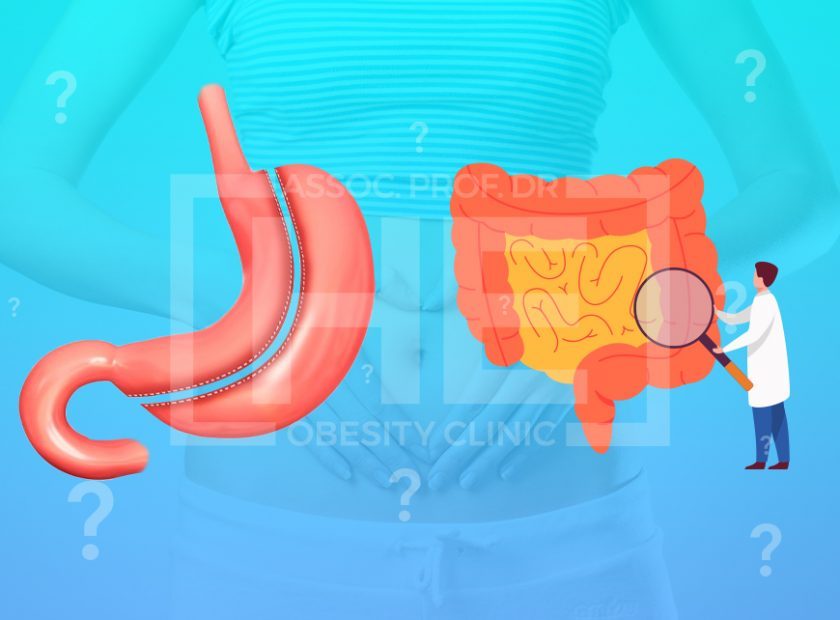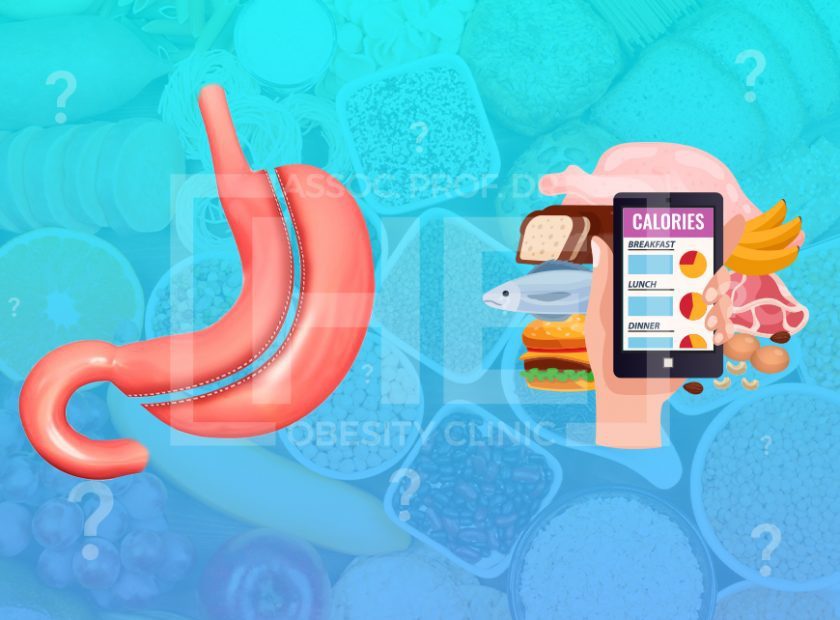
Can gastric sleeve cause depression? It is normal for the patient to experience depression and personality changes before and after all bariatric surgeries. Gastric Sleeve depression is one of them. Many of the patients who have gastric sleeve surgery forget that this surgery also has a psychological dimension.
Especially in patients who continue to eat as an addiction, the onset of sudden depression after gastric sleeve surgery is monitored in some cases due to the fact that solid nutrients strain the stomach, there is a high-calorie dependence on beverages.
For these reasons, the most important psychological danger that patients should not forget after gastric sleeve surgery is depression. Patients often forget that there is also a psychological aspect to this job.
Especially patients who make eating an addiction may become depressed after surgery, or alcohol addiction may replace eating addiction.
Aesthetic concerns and efforts to get used to new life after obesity surgery are due to the fact that people’s body communication is interrupted due to excess weight.
People who have great concerns about beauty after obesity surgery may not realize the changes in their new body and avoid looking at their own bodies, but they will continue to withdraw from social life. Some people think they’re still obese, even though they’re weak.
Getting used to body size is not easy. When you look in the mirror more frequently, when you start to buy small pieces of clothing, the aesthetic changes that occur in the body after obesity surgery will also begin to change in people’s minds.
Psychology after gastric sleeve
There are a few psychological changes experienced after gastric sleeve surgery. First, some people believe that after gastric sleeve surgery, the entire problem in their lives will disappear. But this stomach reduction surgery does not have a magic wand that can regulate your psychology.
It is important that you get psychological support after gastric sleeve surgery to be able to pass the path to the goal healthier and your feet pressing on the ground. The effort and energy you will spend for your good will make you successful.
You must remember that gastric sleeve surgery is a very good start that will help a person’s weight loss journey. After gastric sleeve surgery, it is important to prepare yourself psychologically. Because it is a condition that has not been experienced before, your new body, your new life can also lead to the emergence of some mental disorders.
It is possible that you will experience physical and spiritual ups and downs during this entire journey. You have to accept that and pay attention to get support for psychology after gastric sleeve.
How long does depression last after gastric sleeve?
In the 5-year period after gastric sleeve surgery, patients have a 90% risk of developing depression. The duration of depression depends on the person and the medications he uses. Some patients overcome depression in a few months.
Some of them continue for a few years. You are in control. If you organize your psychology and mood very well, it is possible to get rid of it as quickly as possible. It is possible that after the operation the patient will recover from a state of depression in particular and will show improvement in other psychological problems.
The feelings of worthlessness, hopelessness and personal failure experienced from a cognitive point of view disappear. Emotionally, frequent bouts of crying, a constant state of unhappiness, and sudden emotional state changes are decreasing.
Conditions that affect psychology from a cognitive and emotional point of view show positive progress after obesity surgery.
Avoiding depression after gastric sleeve
According to people who have obesity problems, the most important reason why their lives are going badly is their weight. But individuals should remember that losing weight unfortunately does not solve the problems or make it end.
Even a person cannot relax as before because he cannot eat, and he cannot get rid of his problems, as well as he has to cope with depression. There are two types of eating behaviors that people are evaluated for. The first is homeostatic eating in medical terms.
In other words, a person becomes hungry for biological reasons and needs to eat to live. Another eating style is hedonic eating. In other words, a person eats food for pleasure. There are some reward centers in the brain that affect people.
For example, when a drug addict takes drugs, these areas are stimulated, and especially the release of the happiness hormone called dopamine increases. Because of this hormone, the person takes great pleasure in what he is doing and does not want to abandon this behavior.
People evaluate eating behavior very differently, but eating is no different from drug regulation. The person is faced with the same effect. Just like substance abuse, especially high-sugar, salty, high-carb foods stimulate this reward center in the brain, increasing dopamine and causing a person to feel junked.
Some people want to consume nutrients in order to catch that pleasure again after surgery. If people have negative stress, negativity, unhappiness, distress in their life, if they realize that they are relieved by eating, it becomes very difficult to remove the person from eating. All of these can trigger depression after gastric sleeve.
Does Gastric Sleeve Surgery Change Your Personality?
Do you worry that gastric sleeve surgery will change your personality? The answer may surprise you. A recent study shows that a change in brain activity may be a result of the new negative feedback you experience after eating. People who undergo bariatric surgery need to relearn proper eating habits.
In the past, eating large portions was pleasurable but now it can be very painful. Patients must re-learn what foods to eat and how to eat them.
Some people have high aesthetic concerns and therefore cannot accept their new body shape. These individuals tend to hide their new body size and avoid social situations.
Others believe that they are still obese even if they are physically weak. The process of adjusting to your new body size is not an easy one and may take some time. Fortunately, it can be done! But it does take time. Do not be afraid to ask questions!
There are two types of personality tests available for gastric sleeve surgery candidates. One version is the Minnesota Multiphasic Personality Inventory, which contains 587 items and can be administered within two hours.
Another is the Minnesota Multiphasic Personality Inventory Restructured Form, which contains 338 items and takes 35-50 minutes to administer. These tests assess global functioning and identify cognitive, interpersonal, and somatic issues.





